Vietnam: What are the sample essays on the analysis of the character Vo Tong for 7th-grade students? When are 7th-grade students exempted from practice exercises in Physical education?
What are the sample essays on the analysis of the character Vo Tong for 7th-grade students in Vietnam?
The character Vo Tong in the short story "Người đàn ông cô độc giữa rừng" is a unique figure, embodying multiple layers of meaning about strength, courage, and the will to overcome solitude amidst harsh nature.
To write an essay on the analysis of the character Vo Tong, students must clearly understand his living circumstances, personality, actions, and the profound significance he represents.
Students can refer to the following sample essays on the analysis of the character Vo Tong:
Sample 1:
| The excerpt "Người đàn ông cô độc giữa rừng" by writer Doan Gioi studied in lesson 1 of the 7th-grade Literature program left a strong impression on me. Vo Tong - the main character in the story - made a profound impact on me. Uncle Vo Tong is a brave man, which is demonstrated through his action of killing the tiger king. I can vividly imagine the struggle between Vo Tong and the tiger king through Doan Gioi's detailed descriptions. The character's appearance is described as "Two deep-set eye sockets and from the bottom of those deep holes, a pair of white eyes, shifting back and forth, as sharp as knives;… He usually goes shirtless, and wears khaki pants that are still new but look like it hasn't been washed for a long time, a French soldier's pants with six pockets. Hanging at his hip is a dangling bayonet, snug in its metal sheath." help showcase Vo Tong’s liberality, strength, and bravery right from his appearance. Uncle Vo Tong's life was truly unfortunate when he had to endure terrible injustice that pushed him into prison. Before going to prison, he lived with a decent family, his wife was a pretty woman. When his wife was pregnant with their first child, she craved bamboo shoots. So, he took a knife to the village’s bamboo grove to cut a shoot. On the way back, passing by the edge of the landlord's bamboo grove, he was accused of theft by the landlord. He protested, but the landlord hit him on the head, and he retaliated and turned himself in. After being released from prison, his wife became the landlord’s concubine. His only son, whom he hadn’t seen, had passed away while he was incarcerated. He didn't seek revenge on the landlord but left the village to live in the forest, hunting year-round. Uncle Vo Tong is strong, brave, and has a profound love for his country. This is manifested in his fight with the tiger king. In his retaliation against the landlord and his boldness in turning himself in. In his willingness to make poisoned crossbow arrows for Mr. Hai to fight against invaders. Thus, Uncle Vo Tong is a typical character representing the people of the Southern region: liberal, strong, brave, and intensely patriotic. |
Sample 2:
| In the excerpt “Người đàn ông cô độc giữa rừng", the character Vo Tong is vividly portrayed by writer Doan Gioi with all the features of appearance and personality. Once, An's foster father took him and the boy named Co to visit Vo Tong. Through An's eyes, this character appeared as a gentle, earnest man. People in the area did not know Vo Tong’s real name. They only knew that many years ago, Vo Tong had rowed a boat alone to set up a tent in a forest full of wild beasts. By himself, he killed over twenty tigers. Since then, people called him Vo Tong. Living deep in the forest, his way of dressing is also very simple. He usually goes shirtless and wears still-new khaki pants but looks unwashed French soldier's pants with six pockets. At his hip, a bayonet hangs in a metal sheath. Contrary to his rugged appearance is a gentle, good-natured personality. His life had experienced much bitterness. Previously, he had a happy family. His wife was a pretty woman, and when she was pregnant with their first child, she craved bamboo shoots. In utmost love for his wife, he risked taking a knife to the village’s bamboo grove to cut a shoot. Passing by the landlord's bamboo grove, he was falsely accused of theft. Vo Tong protested strongly but was attacked by the powerful landlord, prompting him to fight back. Yet, he did not escape but honorably admitted his wrongdoing. This action reflects Vo Tong's honest and courageous nature. Upon release from prison, Vo Tong learned his wife had married the landlord, and his only son had died. He left the village to live alone in the forest. Despite this, he often helped others. Vo Tong was also a person full of patriotism. He prepared poisoned arrows to fight against the French invaders. He recounted his achievement of killing a French invader with excitement and joy. He trusted and loved An’s foster father deeply, sharing the poisoned arrows with him to use against enemies. It can be affirmed that the character Vo Tong embodies the full beauty of Southern people: liberal, brave, strong, and passionately patriotic. |
Note: Content is for reference only.
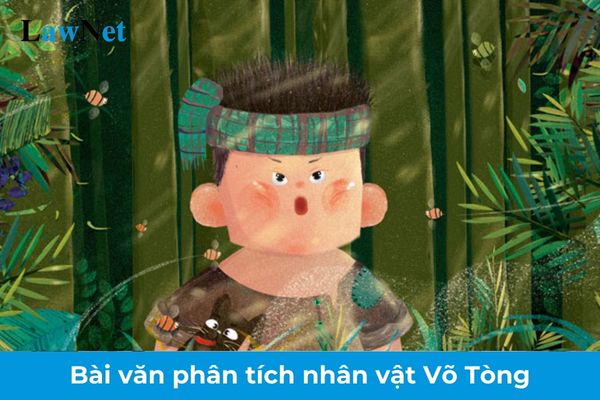
What are the sample essays on the analysis of the character Vo Tong for 7th-grade students in Vietnam? When are 7th-grade students in Vietnam exempted from practice exercises in Physical education? (Image from the Internet)
When are 7th-grade students in Vietnam exempted from practice exercises in Physical education?
According to Clause 1, Article 10 of Circular 22/2021/TT-BGDDT, 7th-grade students in Vietnam are exempted from practice exercises in Physical education in the following cases:
- Suffering from chronic diseases
- Suffering from disabilities
- Facing accidents, or
- Suffering from diseases that require treatment.
What are the eligibility requirements for a 7th-grade student in Vietnam to be advanced to the next grade?
According to Clause 1, Article 12 of Circular 22/2021/TT-BGDDT, the eligibility requirements for a 7th-grade student to be advanced to the next grade are as follows:
- Training results of the entire school year (including re-assessment results after training during summer break according to Article 13 of Circular 22/2021/TT-BGDDT) are Qualified or higher.
- Learning results of the entire school year (including re-assessment results of all subjects according to Article 14 of Circular 22/2021/TT-BGDDT) are Qualified or higher.
- Number of days leave does not exceed 45 half-days (calculated according to education plans which is 1 half-day for every day under formal education plan, including permitted leave, unpermitted leave, continuous leave, and intermittent leave).
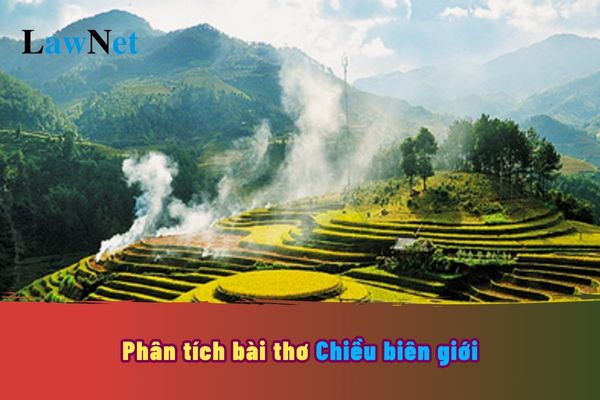

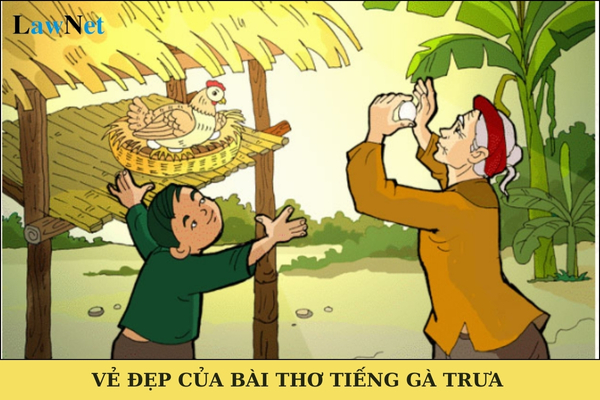
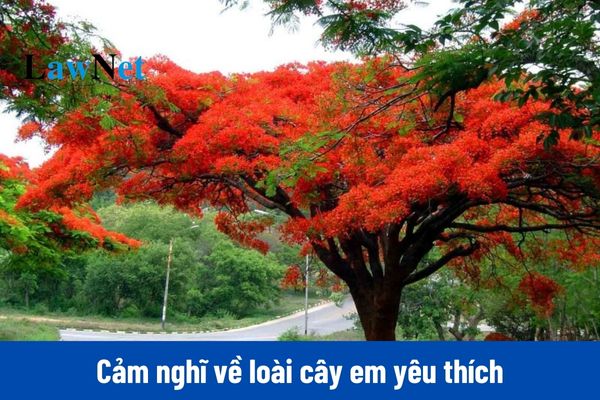

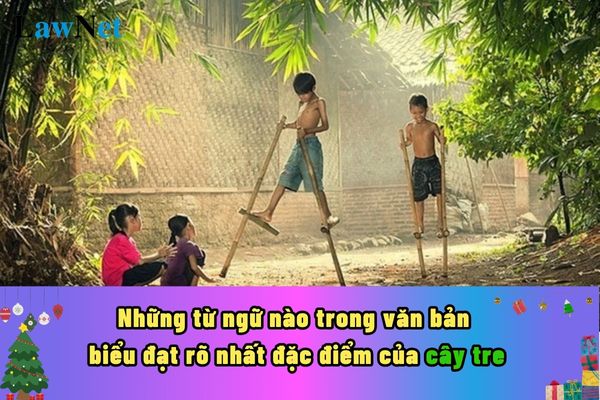
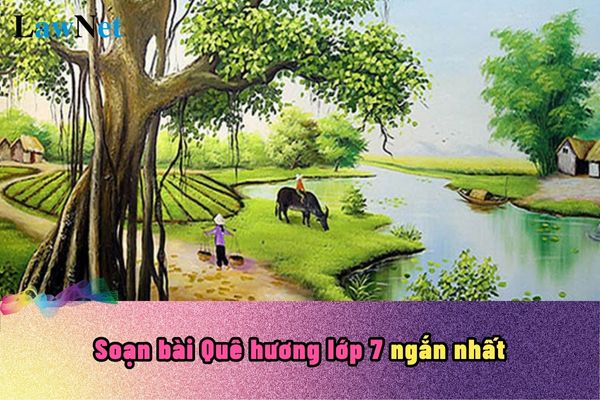
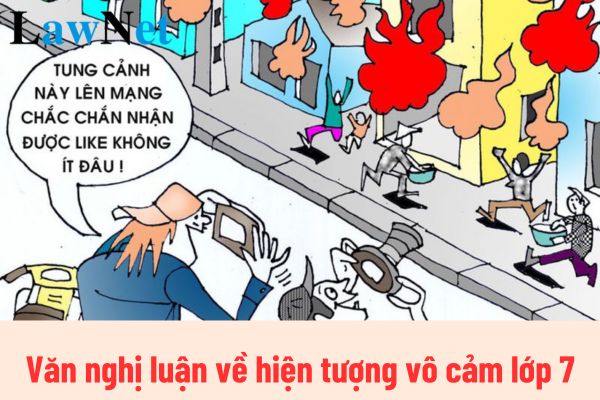
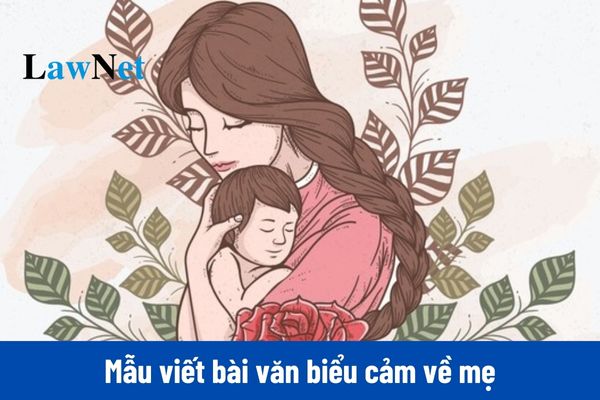
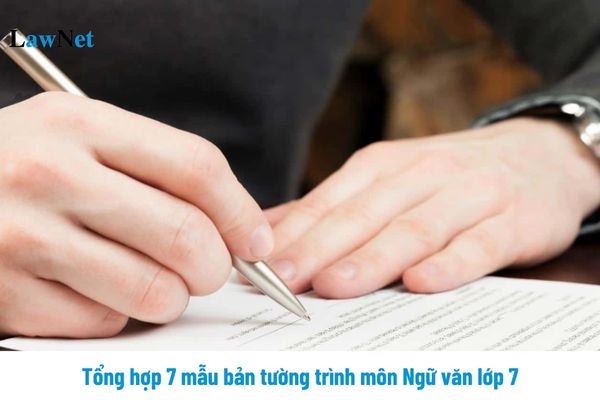
- What is the law on light reflection? What are details of the law on light reflection?
- What is the schedule of the AFF Cup 2024 (ASEAN Cup)? What are activities for physical education and sports in vocational education institutions in Vietnam?
- What is the schedule for the AFF Cup 2024 matches of the Vietnam National Team? Are students who are athletes in Vietnam eligible for a special exemption from high school graduation requirements?
- Vietnam: What are the guidelines for analysis of the poem "Tiến sĩ giấy"? What is the regulatory age of students entering lower secondary education?
- What is the location of Vietnam International Defense Exhibition 2024? Are students of all educational levels granted leave to visit the Vietnam International Defense Exhibition?
- What is the formula for calculating population density in Vietnam? What is the population density?
- Vietnam: What is the sample parent-teacher conference scenario at the end of the first semester of primary education? What are the regulations on the organization of parent committees?
- Vietnam: What is the sample outline for an essay on the analysis of the excerpt "The Last Leaf"? What are the assessment levels for learning results in the school year of 8th-grade students?
- What is the unit of power? When do students in Vietnam study the unit of power?
- What is the guidance for children to tell the story "Chuyện bốn mùa"? What is the age of students entering 2nd grade in Vietnam?

